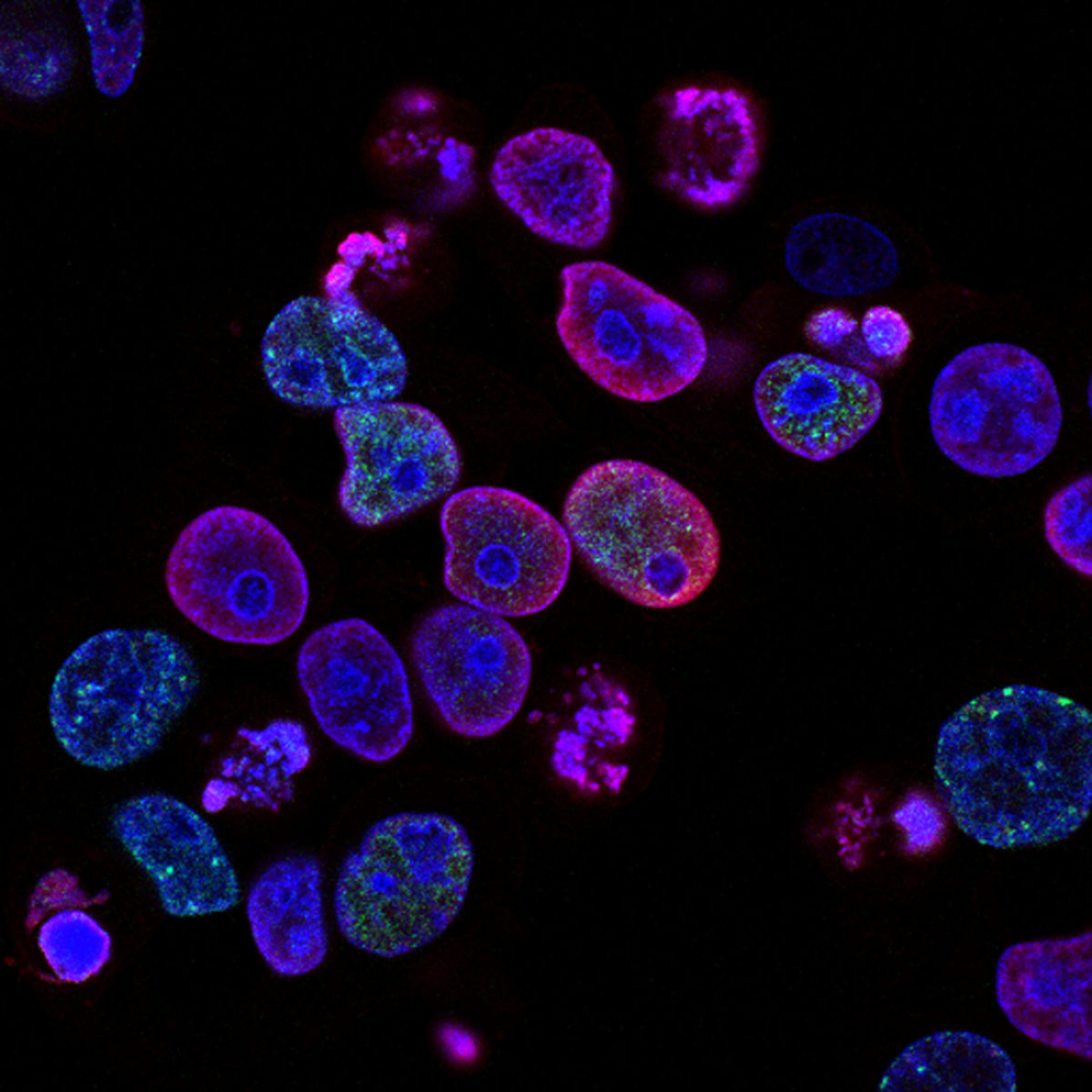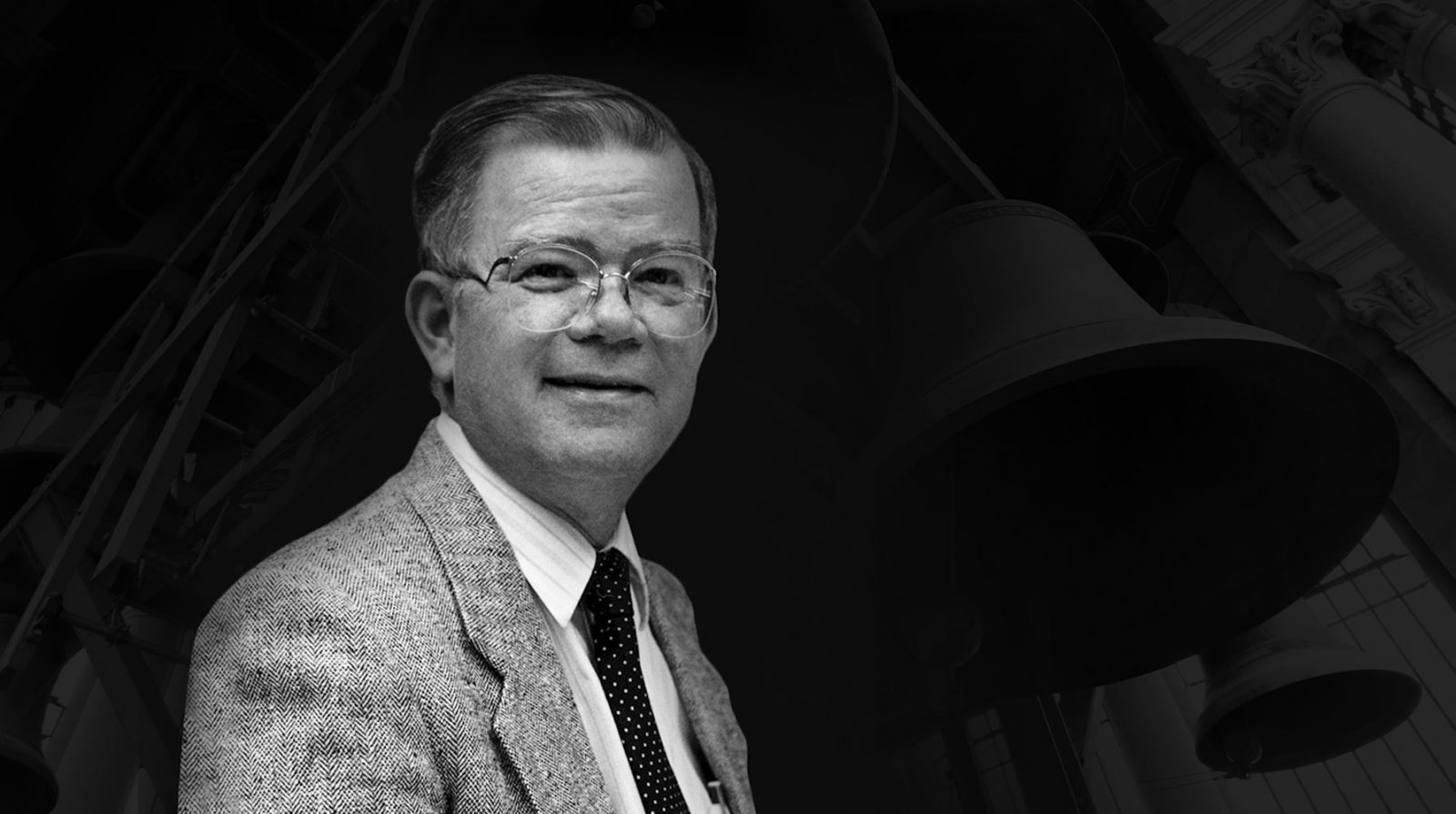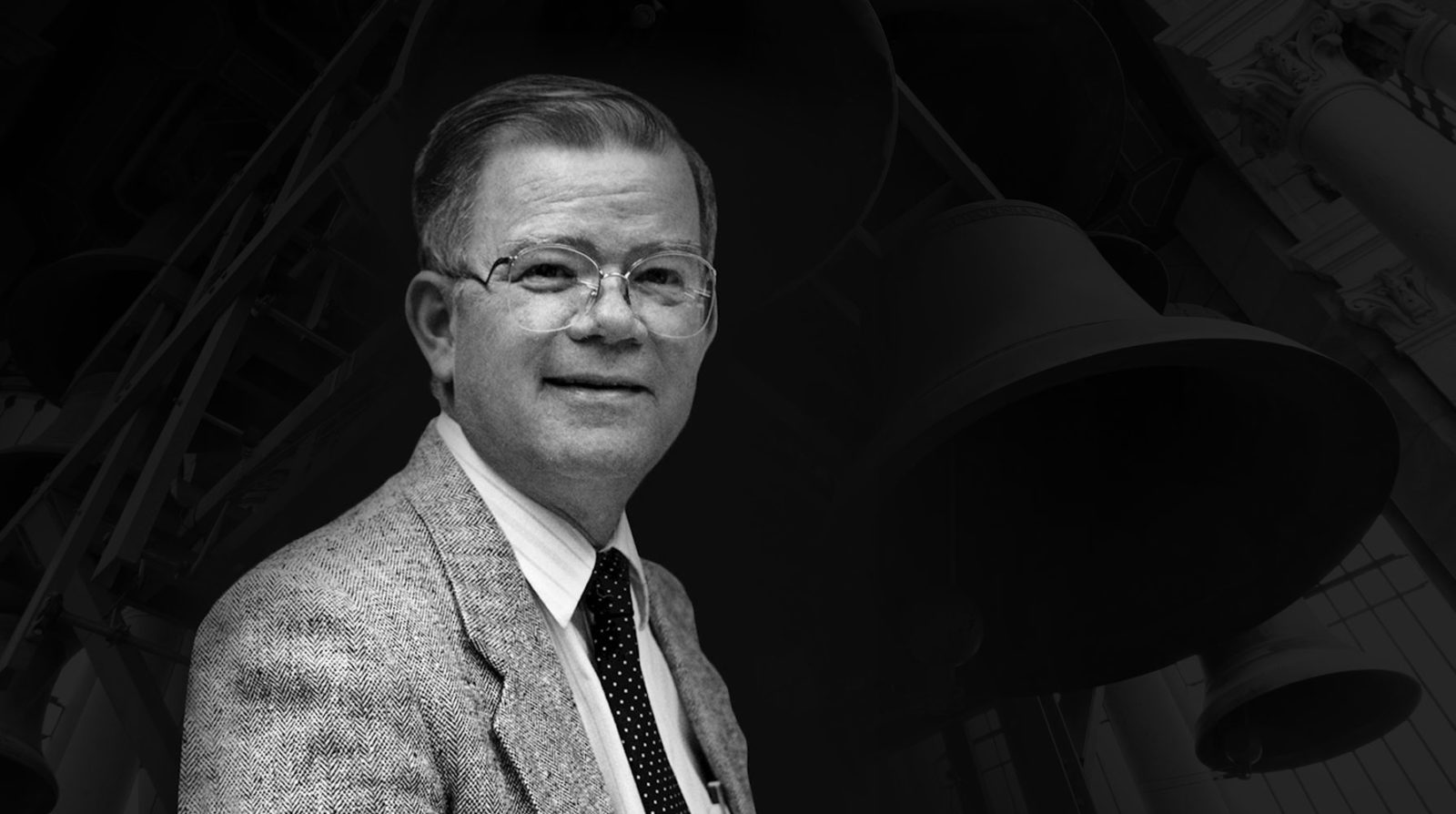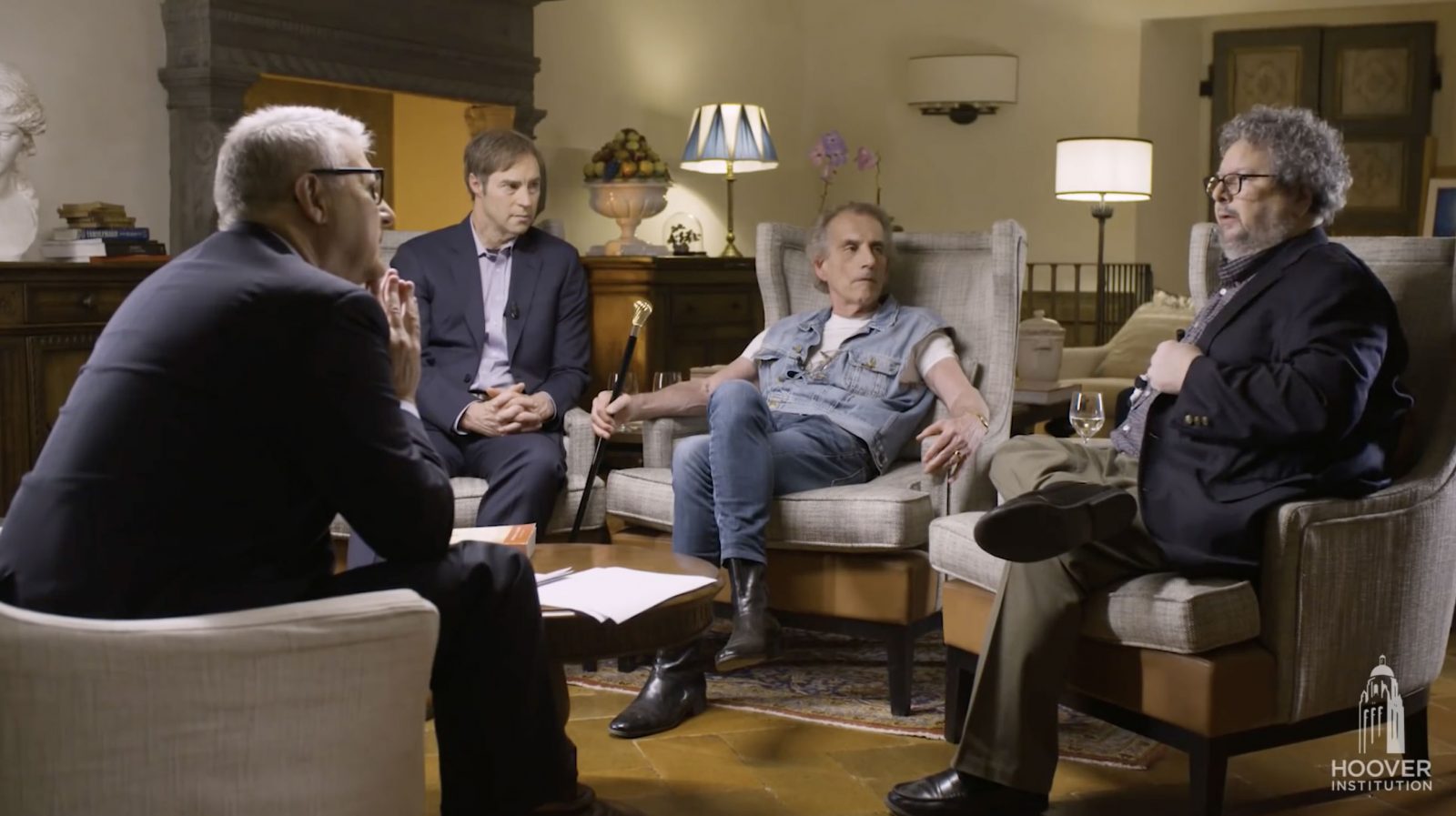On this episode of ID the Future, science historian Michael Flannery pays tribute to Gertrude Himmelfarb, the pioneering Darwin critic who passed away in late December 2019. Even as the world was praising Darwin at the 1959 centennial of The Origin of Species, she was writing of his rhetorical sleight of hand, by which “possibilities were promoted into probabilities, and probabilities into certainties, so ignorance was raised to a position only once removed from certain knowledge.” Gutsy, bold, and precise in her scholarship, she saw Darwin’s theory as offering convenient “scientific” support for the class-divided, untrammeled survival-of-the-fittest industrial competition of the day. And she showed that Darwin’s scholarship — especially in his philosophical sources — was thin and thoroughly forgettable, Read More ›







